FinTech Startup Ideas will be described in this article. Are you a product manager, founder, or innovator searching for innovative FinTech startup ideas? Do you need a concept to impress prospective investors in your startup?
Top 8 FinTech Startup Ideas In 2023
In this article, you can know about Top 8 FinTech Startup Ideas In 2023 here are the details below;
You’re in the correct place if you gave yes answers to either or both of the questions. You can use this article’s tips to come up with innovative ideas and grow your FinTech startup in the $300 billion FinTech market. Now let’s get to the meat of the piece.
An Expose on the finTech Market
With a CAGR of about 8.6%, the FinTech market is unquestionably the one in the financial sector that is expanding the fastest. By the end of 2021, the amount of financial operations conducted through FinTech are anticipated to increase from $5.47 trillion in 2020 to $6.6 trillion. Consequently, if you’re unsure of the ideal moment to introduce a FinTech product, read on.The reply is “Right now.”
Want more evidence that this is the ideal moment to launch a FinTech startup? Check out the following:
- 90% of smartphone owners conduct mobile transactions.
- The most well-known FinTech business in the world, Ant Group, has a present net worth of over $300 billion.
- A FinTech company’s services are used by 23% of US customers, and this number is projected to increase dramatically over time.
- 94% of businesses providing financial services believe that FinTech will spur industry expansion.
- According to the figures above, if you don’t own a FinTech product right away, you’ll be missing out on some very lucrative benefits.
- For your upcoming offering, do you need some game-changing FinTech ideas? Let’s begin straight away.
- Key Startup Ideas are Highlighted by FinTech Market Statistics
1. Digital banking app
For FinTech startups, digital banking is regarded as the goose that deposits the golden egg. Its significance in the automation of financial transactions and other conventional banking services is the main cause of this.
Customers who use banking services are especially excited about digital banking because it gives them access to a variety of banking goods and services without the hassle of going to financial institutions. You can learn more about creating financial apps.
Let’s look at some important conclusions for this FinTech app concept.
Demand Less than 10% of smartphone owners had access to digital banking in 2011. However, in less than seven years, that percentage increased to 69%.
Nevertheless unimpressed Let’s look at some equally compelling data:
65% of Americans use online banking.
More than half of millennials are prepared to choose institutions that only operate online.
Over 210 million pounds are presently spent on digital payments in the UK.
More than 60% of bank clients intend to switch completely to digital banks soon.
At least once, 150 million adult Americans have switched from paper to digital purses.
It is safe to infer from the aforementioned statistics that the market is prepared for digital banking options. Just the proper thought will do.
Key Takeaways The “King-Kong” of FinTech is digital finance. Mobile banking receives the majority of FinTech utilization and investments because it has the broadest applicability of any FinTech category.
It makes it simpler for the typical customer to access banking services like account opening, deposits, and investing.
Examples A few examples of startups in digital banking are:
- Technologies Mercury
- Novo
- Rho
- Lili
- Agrarian Bank
One of the most reliable ideas for a fintech app launch is the digital banking app.
2. Investment app
Possessing an investment application aids in developing the ideal merchandise that micro-investors find appealing. The platforms where users can deposit money, place purchase and sell orders, etc., are accessible to regular users through these apps.
An online investment website exposes your startup to a large audience of people who are ready to invest in stocks and other investment platforms as the founder or co-founder of a startup.
These individuals might not have the money to make direct purchases using authorized channels.
Check out this FinTech startup concept in more detail.
Demand Based on the data above, having an investment mobile app now puts your startup in a position to profit from the enormous boom that’s anticipated over the next seven years.
Take these numbers below as evidence rather than my statements.
Here are some figures that show why it would be wise to own an investment program right now:
- Google searches for investment applications have increased by %115 year over year.
- Over 10% of individuals in all age groups used an online investment tool in the last 12 months, according to Statista.
- The estimated value of the global eTrading market is projected to increase by 5.1% CAGR from $8.7 billion in 2021 to $12.16 billion in 2028.
- Key Takeaways Your product must assist users in adhering to an effective investment strategy for it to be lucrative.
- Other financial duties like tracking spending, reducing waste, and even making real-time financial recommendations should be handled by it as well.
- Most of the best investment apps have a cutting-edge function that lets users keep an eye on their bank accounts.
- By doing this for your startup, you should be able to establish a niche for your company in the marketplace.
The following attributes should be current in your application:
- explanation of developments in various sectors
- Purchases made on the stock market, forex orders, funds shares, and altcoin purchases are executed promptly.
- prompt alerts and emails
Examples Here are a few popular investment applications right now:
- Robinhood
- Webull
- Betterment
- Acorns
- Wealthfront
Launching an investment app is one of the more well-liked ideas for a fintech startup.
3. P2P Payment App
Investments in P2P payment solutions are unquestionably profitable ventures if we take a close look at market patterns. This FinTech application has carved out a sizable niche in the financial market thanks to the pandemic and numerous social variables.
How about a market study for this startup in the fintech industry? Let’s investigate.
The new bride of the FinTech industry is demand P2P applications. Nearly every FinTech startup is considering one, and with good reason—many data support this.
According to statistics, the majority of Americans send money to their loved ones.
In this same figure, 38% of respondents stated that they had not sent any money to a loved one in the previous 12 months.
43% of respondents to the same survey who transferred money used a P2P network, compared to 34% who used a bank transfer.
According to this graph, P2P networks are used for transfers by most Americans.
According to that study, P2P platforms are preferred by Americans over banks for money transfers.
Additionally, a CAGR of 30% is anticipated for the P2P industry between 2020 and 2027. This demonstrates that there is a sizable market for P2P applications, and demand is also projected to grow quickly.
Key Takeaways Through a linked card or bank account, users of peer-to-peer payment options can send money from their mobile devices to another person.
It’s possible that the word P2P is unclear, so let’s use an illustration.
Let’s say you and your buddy Jane are out to dinner.
When it came time to pay, Jane opted to use her credit card, so you will need to reimburse her for your meal’s cost.
You only need to launch the P2P app and send Jane the money. When Jane receives the funds, she can decide whether to keep them in the P2P financial program or transfer them to her bank account.
The fundamentals of this procedure may be different on your P2P platform, but they are all the same.
Why do we believe it to be a highly lucrative FinTech product to own, then? Simple! Data demonstrates that.
Examples These are some of the well-known P2P apps:
- PayPal
- Gmail Pay
- Google Pay
- Zelle
- Venmo
To launch a fintech startup like Stripe, a “classic” idea is to create your own P2P payment app.
4. Insurance Apps
These types of FinTech startup ideas are located at the nexus of financial and insurance technologies and are known as “Insurtechs,” tech firms with insurance products.
From auto insurance to personal insurance, insurtech products are made to make it easier for people to register for insurance and pay premiums online.
Numerous studies have demonstrated that insurance apps provide a novel method to investigate areas that the majority of insurance companies deem unprofitable to investigate.
Why do we believe that this FinTech app startup concept is important?
Demand As average insurance users begin to show a growing interest in insurtech, the digitization of financial processes has increased the use of online insurance apps. Also check artificial intelligence software
The following justifies owning a FinTech offering in this market:
- Around the globe, insurtech startups received $7.1 billion in investments in the first half of 2021.
- 44% of global Insurtech firms only have 1–10 employees, indicating minimal labor costs.
- Consumers are ready to switch insurance companies for more technologically advanced ones in 41% of cases.
- The statistics show that investors are more eager than ever to fund digital startups. Additionally, the cheap cost of labor ensures that startups will have a huge profit to cost ratio.
- Key Takeaways Most FinTech entrepreneurs think that the insurance industry is ready for a makeover.
- A typical individual can now access highly customized insurance policies with more reasonable pricing models thanks to insurtech.
- InsurTechs are testing a number of game-changing features in addition to improved pricing structures.
- AI software that can take the place of brokers is one of these characteristics.
- Choose health and vehicle insurance since they are more in demand if you need a suggestion for the type of insurance app you should build.
Features that could change the game include:
- computer studying
- Blockchain
- Robo-Advisors
- Machine intelligence
- IoT (Internet of Things)
- Technology for drones
- Biometric
Examples Among the applications for insurance are:
- United States Family Insurance
- Metromile
- State Farm Driverwise
- Driversense by Esurance
A startup concept at the intersection of insurtech and fintech is to launch an insurance app.
5. Money-saving Apps
These apps were created for managing personal finances, as the term suggests.
You can add extra features to your platform that help users handle their personal finances, track spending, and create budgets in addition to saving money.
These programs operate by keeping track of your expenditures and subtracting your outgoings from your determined monthly budget. The leftover funds are then accumulated along with the application in an interest-bearing account. Discover more about creating a personal financial app here.
Beyond savings, it can be beneficial to keep track of one’s loan responsibilities.
Why is this concept for a FinTech startup a suitable place for investment?
The need for a startup to have a money-saving tool is substantial. These are some of them:
About Esurance Driversense employs mobile apps that help users save money
Since 2015, US gross personal savings have been rising consistently.
These two figures are straightforward but crucial. The percentage of Gen Zers (those between the ages of 6 and 25) who use money-saving goods demonstrates the enormous demand for the finance app in the years to come.
This is especially accurate given that the majority of Generation Z will simply start working.
Another indication that the savings culture is developing is the steady rise in total personal savings. More individuals than ever before are saving money.
Key Takeaways There are two categories of cost-cutting applications that startups can produce. Which are:
- Habit monitors
- Budget experts
Apps called habit trackers analyze your purchasing habits in great detail. You’ll require the assistance of a skilled AI engineer to create such a FinTech option.
On the other hand, users of budget planners are able to establish spending caps and foresee future costs.
You must conduct a thorough study of your target audience’s spending habits before developing either type of app in order to comprehend their money management errors.
Your ability to identify their financial vulnerabilities will help you develop the best solution to address those issues.
Here are some instances of applications that can help you save money:
- Mint
- BillTracker
- Ibotta
Consider launching a budget planning mobile application if you’re looking for a solid fintech startup idea.
6. Crypto Exchange platform
The “golden goose” of fintech is typically referred to as cryptocurrencies. Ever questioned why? Because it can help to eliminate intermediaries, the solution is fairly straightforward.
Since the market is anticipated to expand at a CAGR of 7.1%, developing your own cryptocurrency exchange platform as a startup can be financially advantageous.
Platforms for crypto exchange make it possible to trade cryptocurrencies like Bitcoin, Ethereum, Litecoin, and others for conventional money. They can occasionally aid in the swap of cryptocurrencies for other assets.
If you want to run your own cryptocurrency trading platforms, you’ll act as a middleman between buyers and vendors. A coin arbitrage bot could be created as a stand-alone application or as a component of your exchange.
Demand Uncertain about starting a digital currency trading platform? Look at these figures:
- Between 2012 and March 2021, Bitcoin increased by 254,445%.
- The entire market value of cryptocurrencies is $2.16 trillion.
- Over 15,000 Bitcoin ATMs are present worldwide.
- Worldwide, nearly 70 million individuals use blockchain wallets.
- Every two seconds, a crypto-related social media message is published.
- As you can notice from above, the 254,445% increase in Bitcoin price demonstrates that it’s the market of the future.
- If correctly analyzed, additional statistics demonstrate that consumers generally accept cryptocurrency.
- The future consequences of missing out on this industry could be extremely regrettable.
- Key Takeaways As a startup, you’ll make money by billing commissions and transaction fees for exchanging cryptocurrencies like Bitcoin, Ethereum, and others for fiat money.
- Cryptocurrency exchanges are extremely profitable to use, but they are very costly to construct.
By utilizing the API of a more known FinTech, you can lower your software development costs if you have issues with funding constraints.
You might think about developing the following kinds of cryptocurrency exchange websites:
- Centralized transactions
- Ad hoc cryptocurrency trades
- Peer-to-peer transactions
- Quick transfers
Top cryptocurrency trading websites, for instance:
- Binance
- Coinbase
- Bitflyer
- Bitfinex
Attention to using blockchain or cryptocurrencies if you’re looking for startup fintech ideas that are on the cutting edge of innovation.
7. RegTech Apps
No matter their size or industry, businesses must adhere to a set of standards. Also check Hive software
RegTech solutions help those businesses comply with regulatory requirements in an effective and timely way.
RegTech apps are one of the most underappreciated, yet most lucrative, fintech options that startups should keep in mind. How lucrative?
Think about the $10,000 per employee that an average business spends on regulatory compliance. With so much money going toward regulatory compliance, selling a successful RegTech product will almost certainly land you a lucrative deal with a reputable company.
And for that reason, this FinTech startup idea stands out among the others as one of the most intriguing. Let’s examine some data.
270 billion dollars on average are spent annually by banks on regulation compliance.
By 2026, the market for regtech is projected to be valued $33.1 billion.
From 2019 to 2026, the global RegTech market will expand at a CAGR of 21.27 percent.
Building a RegTech platform now places you as a beneficiary in this relatively new market, and those three figures all point to one thing: “mind-blowing growth.”
Key Takeaways They play a crucial role in assisting numerous companies in automating a variety of processes.
These procedures include gathering reports, identifying customers, documenting transactions, etc.
For instance, a company might find a massive amount of info to be too complex.
Examples The following are a few RegTech implementation examples:
- Onfido
- Suade
- Fenergo
A startup concept at the intersection of fintech and regtech is called RegTech App.
8. Crowdfunding Applications
A crowdfunding software is a digital environment where people can donate money to a group or person. Here, a lot of individuals contribute the money required to launch a specific project.
The crowdsourcing industry flourished during the Covid-19 pandemic, even though many businesses faced financial difficulties. Over the next ten years, it is anticipated that the number of crowdfunding platforms will increase astronomically.
Owning a crowdfunding website has always been profitable ever since the first one was introduced in 2000.
Learn more about this FinTech startup concept below.
Demand There is still a great chance for startups to enter the market despite fierce competition from established crowdfunding players.
Are you curious as to whether or not this industry is lucrative? You’ll see that the statistics below support that statement.
- Statista estimates that crowdfunding generates $17.7 billion yearly.
- Over 30% more money was raised through crowdsourcing last year.
- By 2030, the market for crowdfunding sites is anticipated to reach $300 billion.
- Crowdfunding is anticipated to increase by $80 billion globally just between 2021 and 2022.
- The type of app you like to build and the key advantages over competing ideas should be your first priorities as a startup before setting up your crowdfunding platform.
The choices are as follows:
- Donation-based
- Reward-based
- Lending-based
- Equity-based
No matter what kind of medium you select, a strong marketing strategy will unquestionably put you in the spotlight.
Examples Listed below are some of the best crowdsourcing websites;
- Kickstarter
- Indiegogo
- Patreon
- Crowdfunder
If you can come up with interesting business models, starting a crowdfunding platform could be an excellent fintech startup concept.
Ready to Build Your FinTech product?
I’m confident that you have one or more in mind now that you are familiar with some FinTech app ideas to work on. Having excellent startup ideas, however, does not ensure a successful startup. It’s crucial to partner with the appropriate FinTech app development firm and have the appropriate business model.
Because of this, we would appreciate it if you would study our comprehensive guide on how to launch a FinTech startup while considering your own FinTech startup idea.

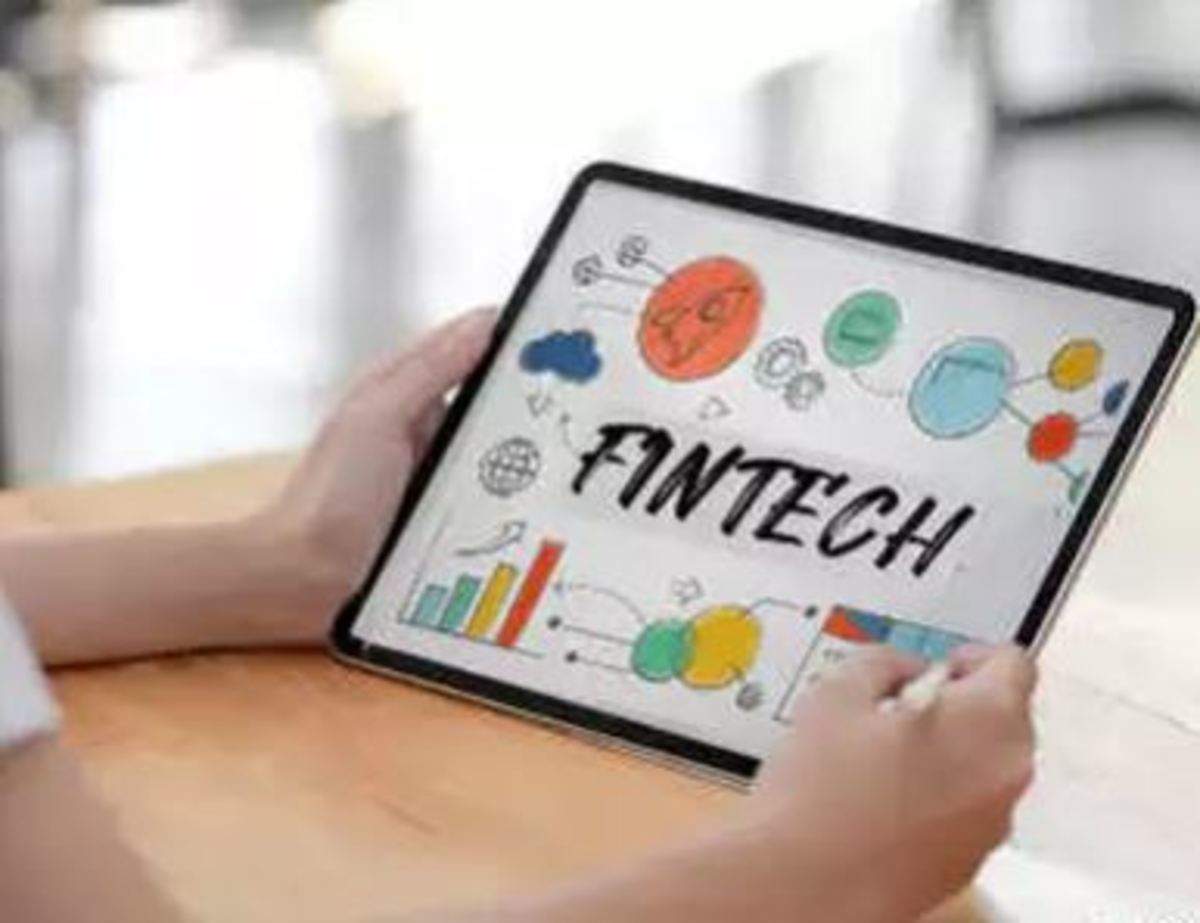



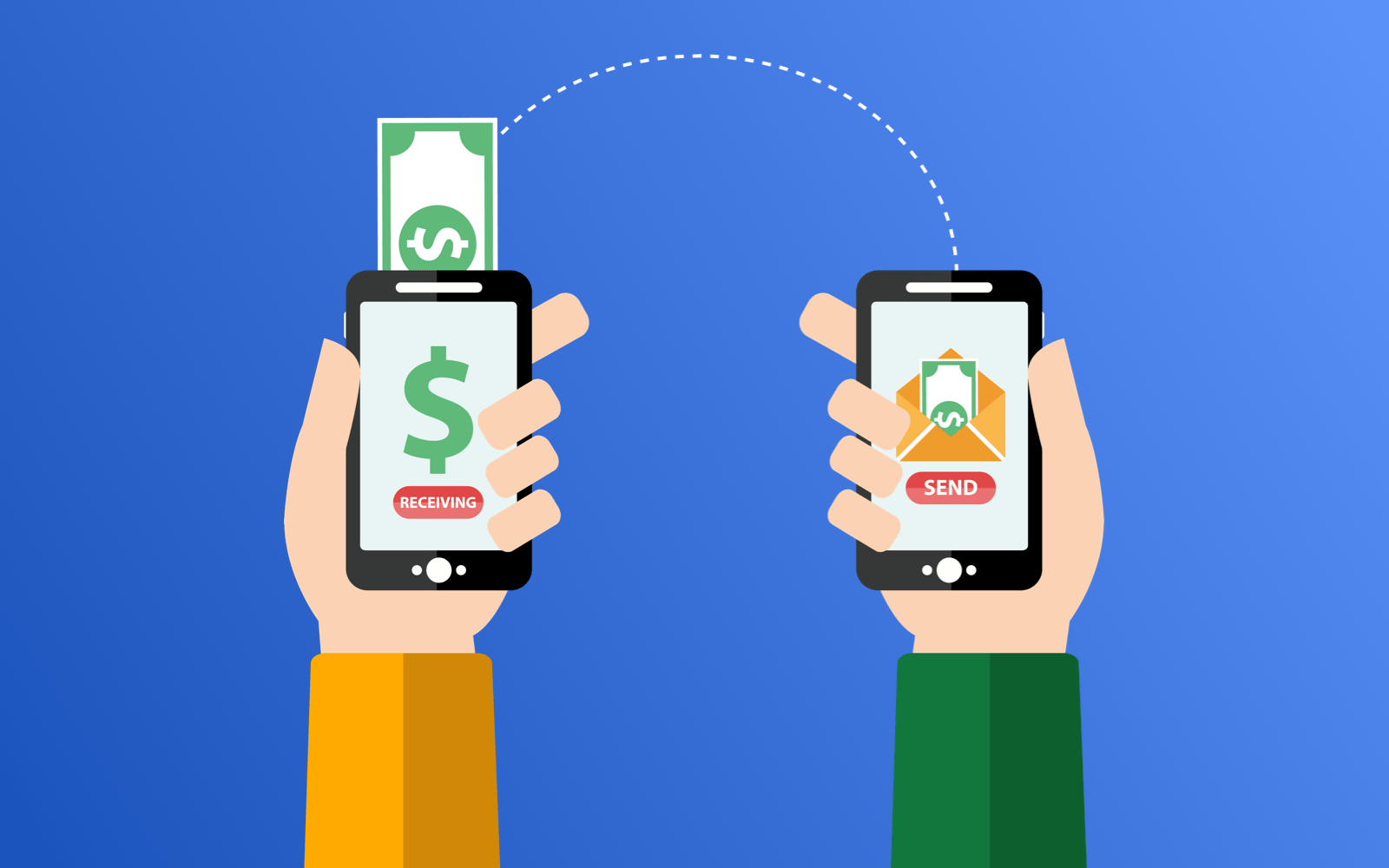

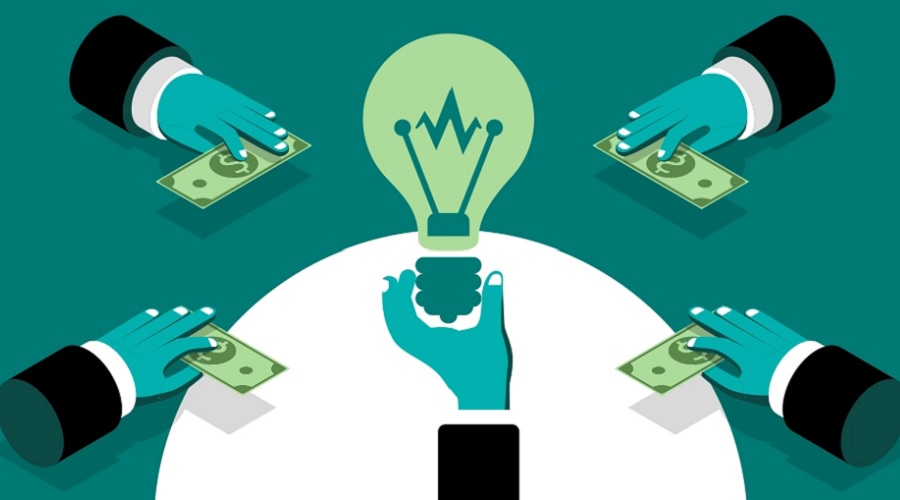

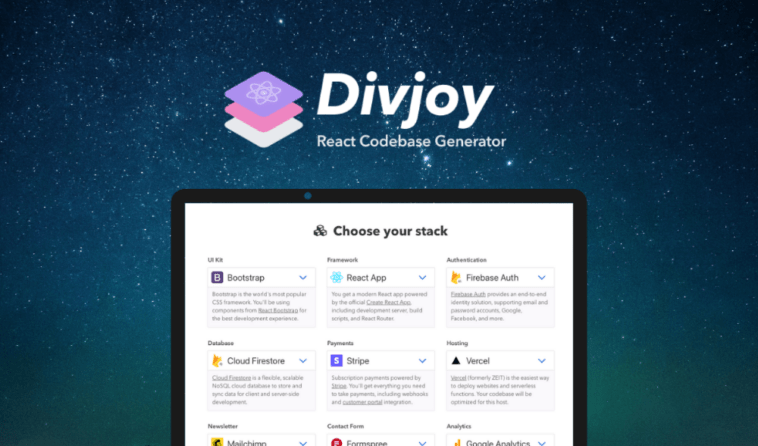
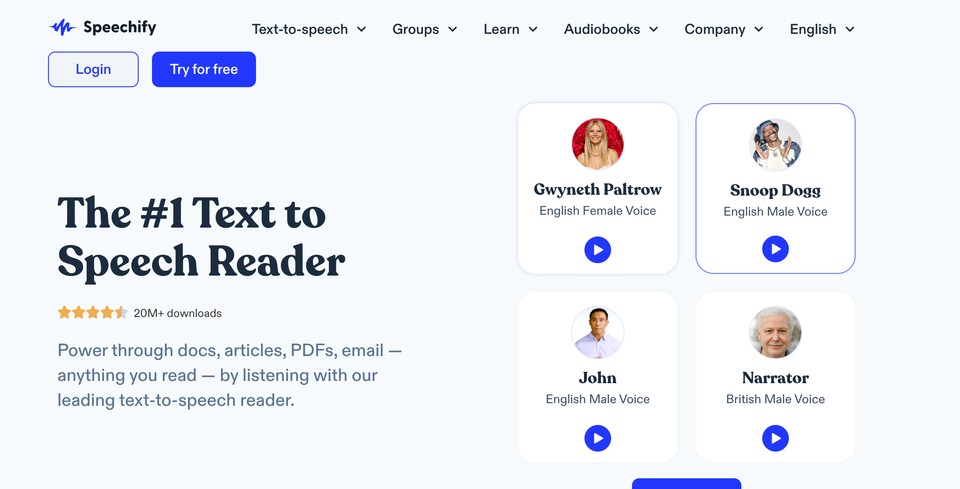

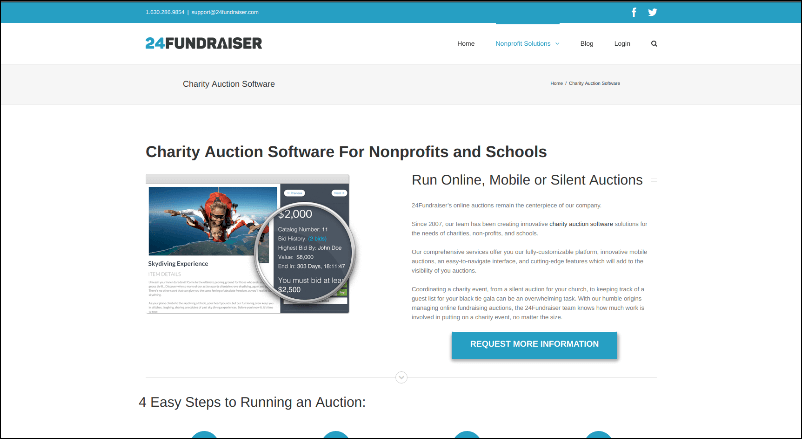
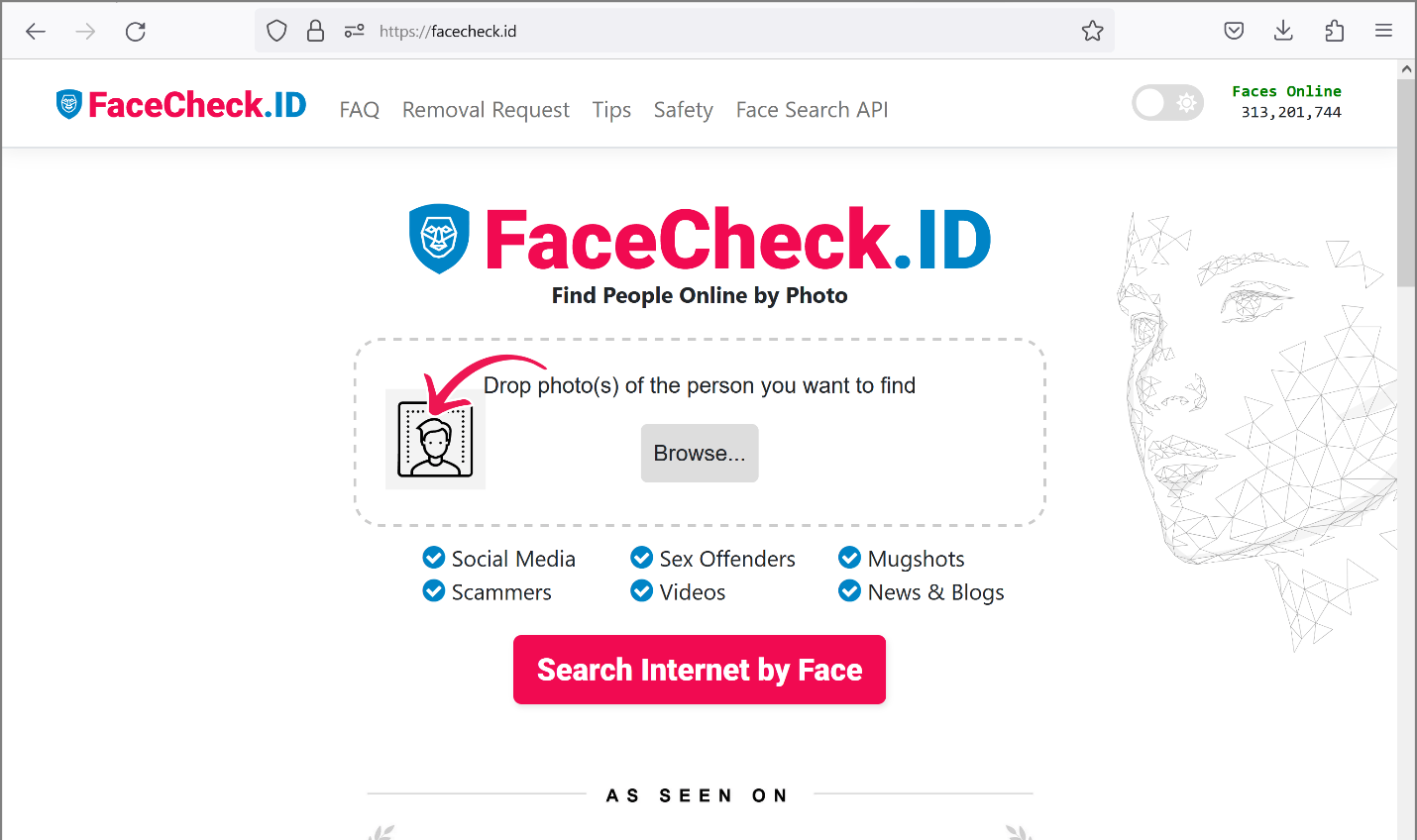
Add Comment